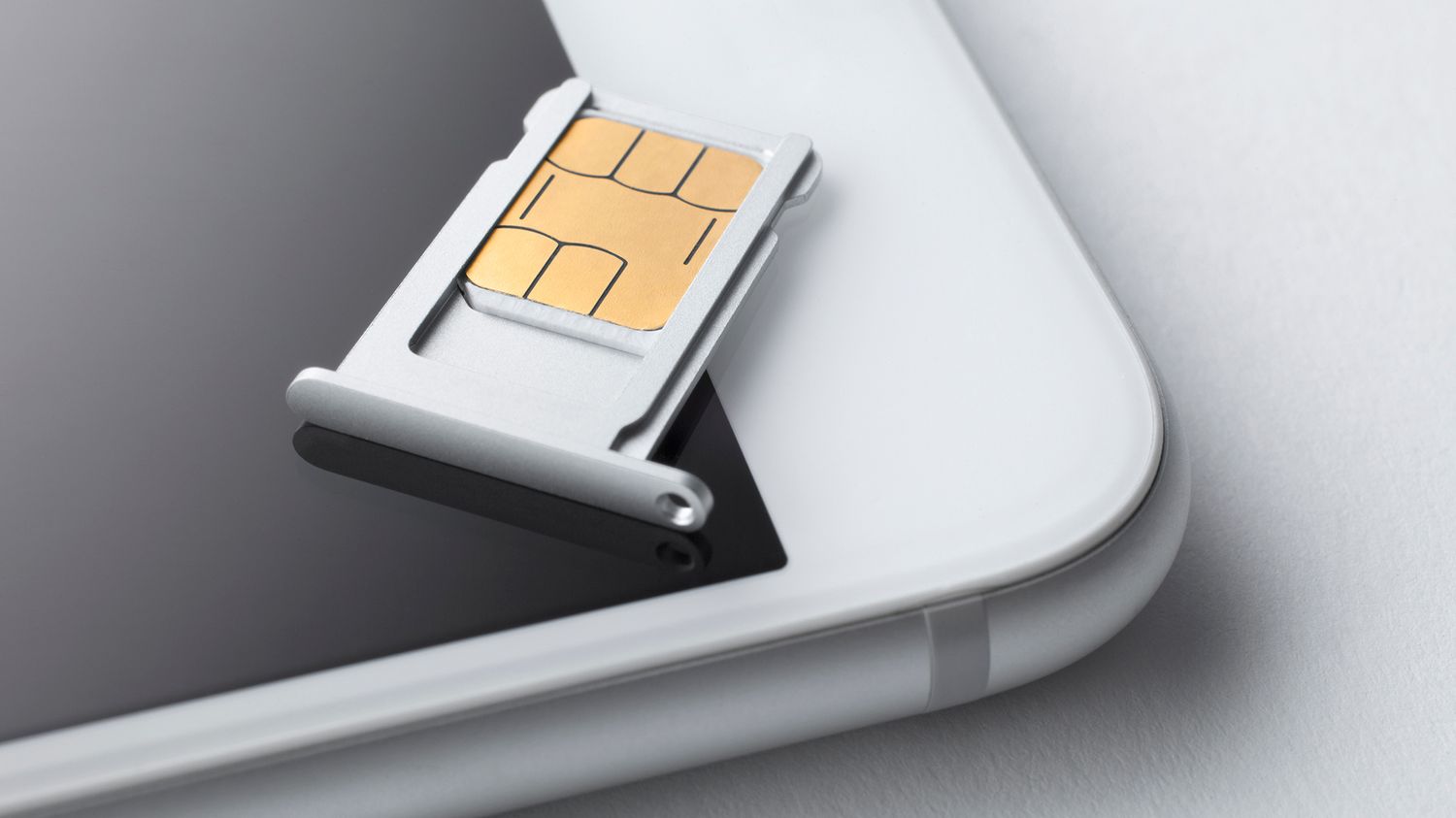
Have you ever wondered about the difference between locked and unlocked phones? In the fast-paced world of smartphones, these terms often pop up, leaving many people puzzled. Understanding the distinction between the two can significantly impact your phone usage and overall experience. A locked phone is tied to a specific carrier, restricting its use with other networks, while an unlocked phone offers the freedom to switch between carriers at will. Unraveling the mystery behind locked and unlocked phones can empower you to make informed decisions when purchasing a new device or seeking flexibility in your mobile service. Let's delve into this intriguing topic to shed light on the significance of locked and unlocked phones in the realm of mobile technology.
Inside This Article
What Does Locked or Unlocked Phones Mean
Understanding the difference between locked and unlocked phones is essential for anyone in the market for a new device. Let’s delve into the intricacies of these terms and explore the impact they have on your smartphone experience.
Locked Phones
When a phone is “locked,” it means that the device is tied to a specific carrier or network. This restriction prevents the phone from being used with a SIM card from another carrier, effectively limiting its compatibility to the original network. Locked phones are typically offered at subsidized prices, as carriers recoup the cost through service contracts or installment plans.
Unlocked Phones
Conversely, an “unlocked” phone is not bound to a specific carrier and can be used with SIM cards from different networks. This flexibility allows users to switch carriers without changing their device, making unlocked phones a popular choice for those seeking independence and versatility in their mobile experience.
Differences Between Locked and Unlocked Phones
The primary distinction lies in the freedom to choose a carrier. With a locked phone, your options are limited to the carrier with which the device is associated. In contrast, an unlocked phone offers the freedom to select and switch between carriers, providing greater control and flexibility.
Moreover, unlocked phones are often preferred by travelers, as they can easily use local SIM cards when abroad, avoiding hefty roaming charges. Additionally, unlocked phones tend to have a higher resale value, as they appeal to a broader range of potential buyers.
How to Unlock a Phone
If you have a locked phone and wish to unlock it, there are several options available. You can contact your carrier to request an unlock code, utilize third-party unlocking services, or explore DIY methods using software or hardware solutions. It’s important to note that unlocking a phone may void its warranty, so it’s advisable to proceed with caution and research the implications beforehand.
By understanding the implications of locked and unlocked phones, you can make an informed decision that aligns with your mobile needs and preferences. Whether you prioritize cost-effectiveness, flexibility, or international usability, the choice between locked and unlocked phones ultimately hinges on your individual requirements and priorities.
Conclusion
Understanding the difference between locked and unlocked phones is crucial for anyone in the market for a new device. A locked phone is tied to a specific carrier, limiting your flexibility and potentially leading to higher costs. On the other hand, an unlocked phone offers freedom and versatility, allowing you to choose your carrier and switch between plans as needed. By grasping the implications of these terms, consumers can make informed decisions that align with their preferences and budget. Whether opting for the convenience of a locked phone or the autonomy of an unlocked one, the choice ultimately hinges on individual needs and priorities.
FAQs
**Q: What is a locked phone?**
A locked phone is a device that is tied to a specific carrier or network, restricting it from being used with other carriers unless it is unlocked.
Q: What does it mean to unlock a phone?
Unlocking a phone involves removing the software restrictions imposed by the carrier, allowing the device to be used with different carriers or SIM cards.
Q: Can all phones be unlocked?
Not all phones can be unlocked, as it depends on the device's make, model, and the policies of the carrier that originally locked it.
Q: How can I check if my phone is locked or unlocked?
You can contact your current carrier to inquire about the status of your phone. Alternatively, you can insert a SIM card from a different carrier to see if the phone accepts it.
Q: Is unlocking a phone legal?
In many countries, including the United States, unlocking a phone is legal as long as it is done with the carrier's permission or after the contractual obligations have been fulfilled.
